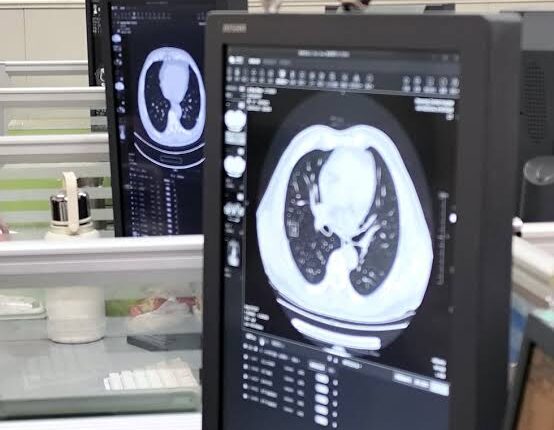Scientists Develop AI Model to Predict Diseases Years in Advance
A team of international researchers has unveiled an artificial intelligence system capable of predicting future illnesses long before they occur, potentially transforming preventative healthcare.
The model, named Delphi-2M, was introduced on Wednesday, September 17, in the journal Nature. Built on the same transformer technology that powers chatbots like ChatGPT, Delphi-2M can forecast the likelihood of more than 1,000 diseases by analyzing patient medical histories.
Researchers from the UK, Denmark, Germany, and Switzerland trained the system using data from the UK Biobank, a project containing genetic and health information on around half a million participants. They later tested it against Denmark’s public health records of nearly two million people, confirming its predictive accuracy.
Moritz Gerstung, an AI expert at the German Cancer Research Center, compared the process to language learning: “Understanding a sequence of medical diagnoses is a bit like learning grammar. Delphi-2M learns patterns in healthcare data, enabling highly relevant predictions.”
Charts from the study showed the AI could assess heart attack risks with greater precision than traditional models based on age or lifestyle factors.
Despite its promise, scientists caution that Delphi-2M is not yet ready for clinical use due to limitations in the datasets, which lack diversity in ethnicity, age, and health outcomes. “This is still a long way from improved healthcare,” Gerstung noted.
Experts say the breakthrough could pave the way for earlier interventions, more effective monitoring, and better resource allocation in strained health systems. Unlike existing tools such as QRISK3, which estimate risks for specific conditions, Delphi-2M can simultaneously analyze thousands of diseases across extended timeframes.
Gustavo Sudre, a medical AI specialist at King’s College London, called the development “a # step towards scalable, interpretable, and ethically responsible predictive modelling,” highlighting its potential to reshape long-term healthcare strategies.


